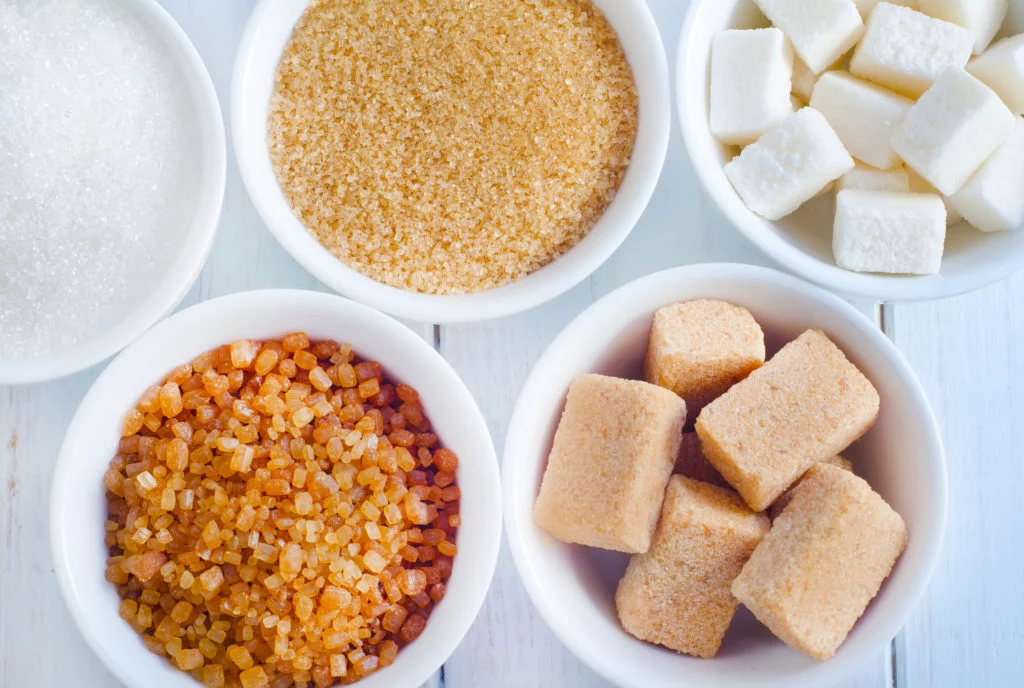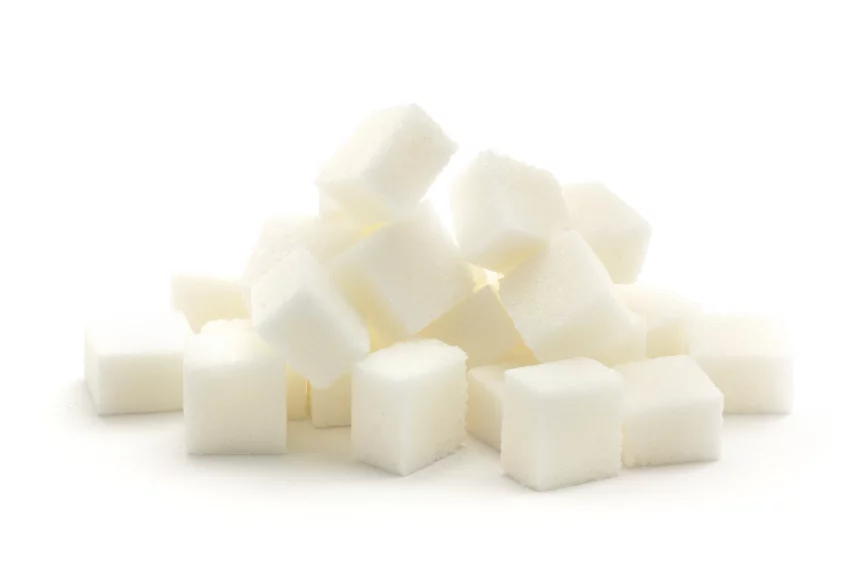What’s the difference between a sugar cane intolerance and a sugar cane allergy?
In essence, while a sugar intolerance is a difficulty digesting and processing sugar, a true sugar allergy can produce life-threatening reactions. Because food allergies and food intolerances* both come with physical symptoms, people can sometimes get them confused. However, there are several differences between allergies and intolerances.
A sugar intolerance refers to the body’s difficulty digesting and processing sugar, it is not an immune response and therefore doesn’t produce either an IgG or an IgE reaction. With a sugar allergy, the body’s immune system identifies the ingredient as a foreign invader, like a virus. This launches an immediate response – known as an IgE response – which triggers the release of chemicals into the bloodstream that cause serious symptoms for the sufferer.
Allergic reactions are more severe than intolerance reactions, and can include life-threatening reactions including difficulty breathing and anaphylaxis. True sugar cane allergies are extremely rare, however if you think you may have one, it’s important to see your doctor straight away.





